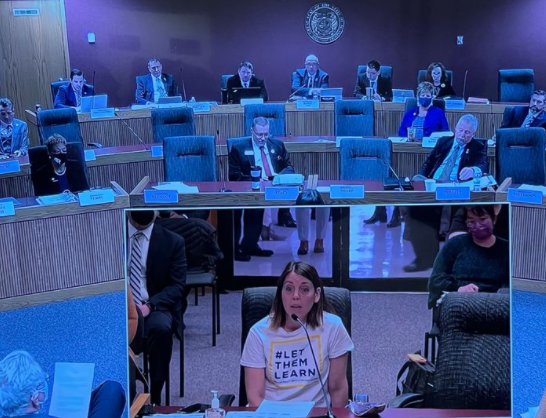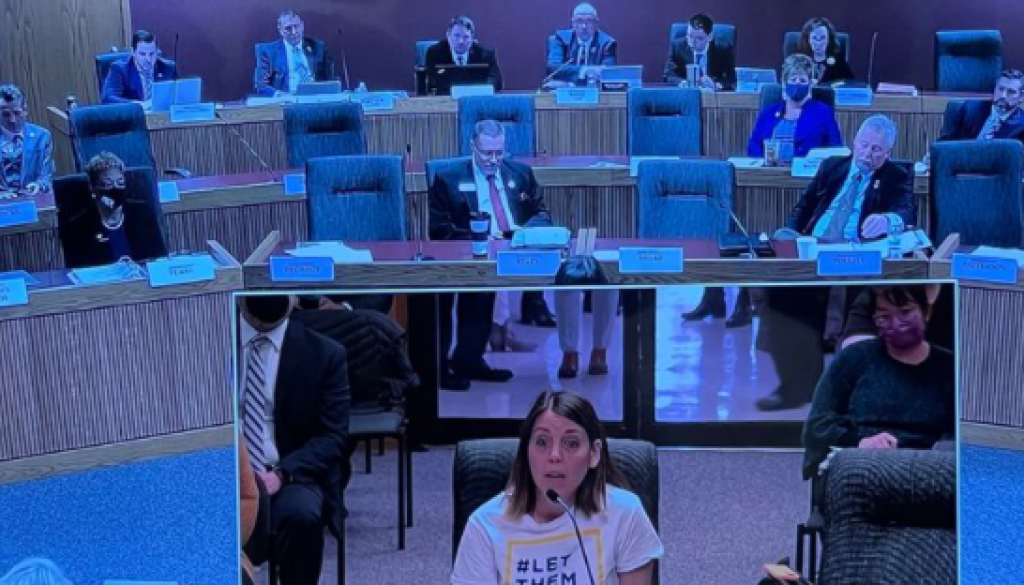
My name is Laura Horwitz and I am a resident of St. Louis County, a parent of two elementary age children, and the co-founder of We Stories. I want to share what I’ve learned from working with hundreds of white families about what equity education looks like for white kids and parents and why it matters.
One of the biggest myths about the purpose of conversations about racism is that the goal is to identify good and bad white people, to assign blame and guilt, or to absolve oneself of those feelings by reading all the right books and saying all the right things. Nothing could be further from the truth of my experience. Many white parents I know want their children to become kind people who embrace diversity and simply don’t know how to start these conversations because no one ever had these conversations with us when we were children. The purpose of We Stories is to build community among parents who want to start and strengthen conversations with their young children about race.
While I am strongly opposed to this bill, I can see how it taps into something very real that many white parents are worried about, which is if I enter into a conversation about race, what will happen? How will I feel? Will I be made to feel stupid, or bad, or shameful? Too many of us have had conversations about race that have gone poorly, that have strained relationships with family members and friends, resulted in social media flame wars, or news clips that provoke outrage about those lunatics on the other side.
What I see in this bill is that fear writ large – that white parents and their children might encounter ideas that challenge them and… then what? What would happen?
What are we so afraid of?
There are far too few stories shared about what comes after fear, what comes after discomfort and how positive conversations about race can be for white folks, how whole having a more developed understanding of racism can make us, how humanizing being in real community across racial lines can be. That’s largely been my experience and it’s one I’ve been able to share and bring other people along with in my work with We Stories.
At the start of each new We Stories cohort, I used to say to parents, let this be about you as much as your children. Give yourself license to learn.
My request for this committee is the same. Before you legislate limits on equity education, step away from the talking points and read a children’s book that centers the narrative of a character of color. It’s been my experience that there is nothing in a truthful telling of history that can hurt me especially as I gain more practice encountering stories I hadn’t heard, and learning things I didn’t know. It’s my hope that this is an opportunity all Missouri children will be afforded.




